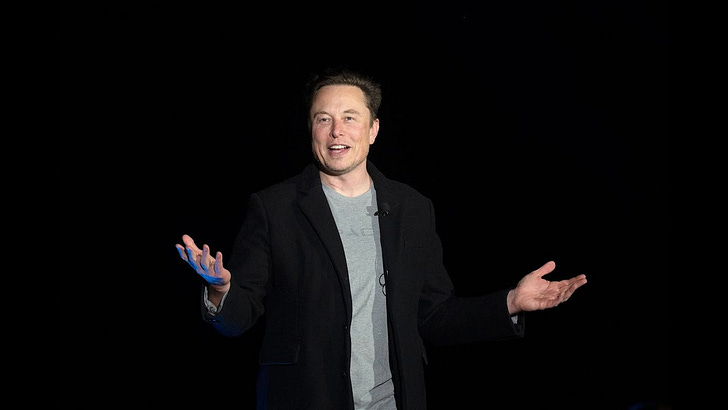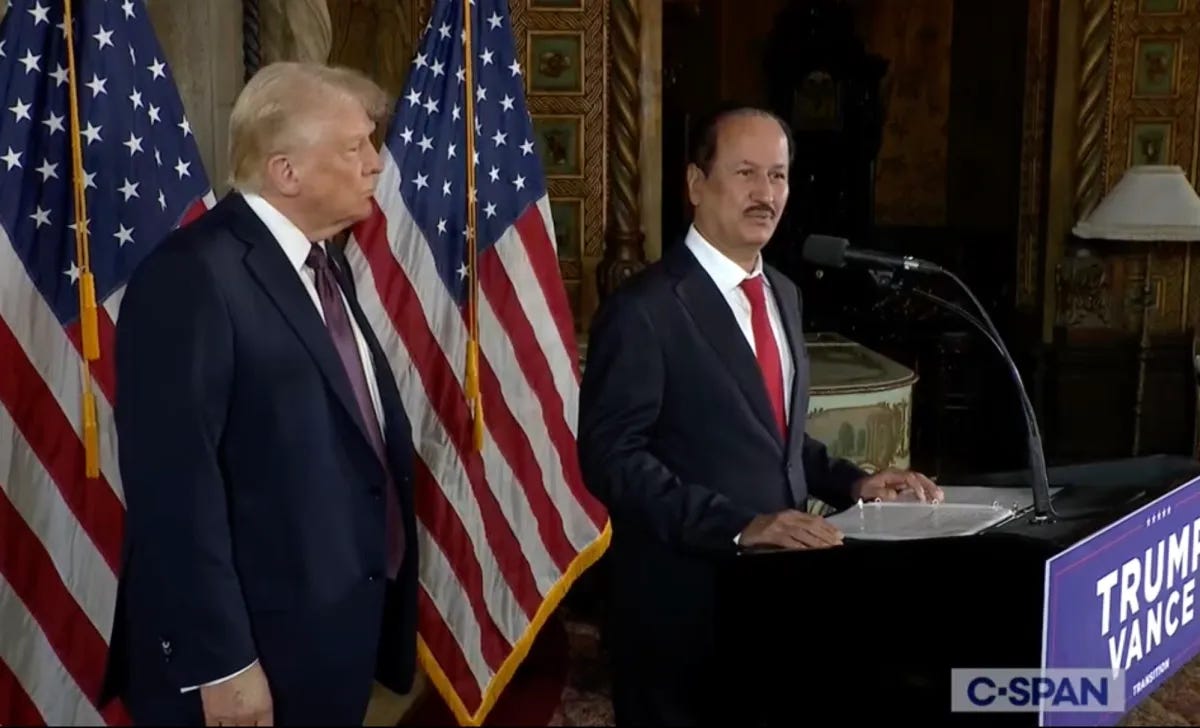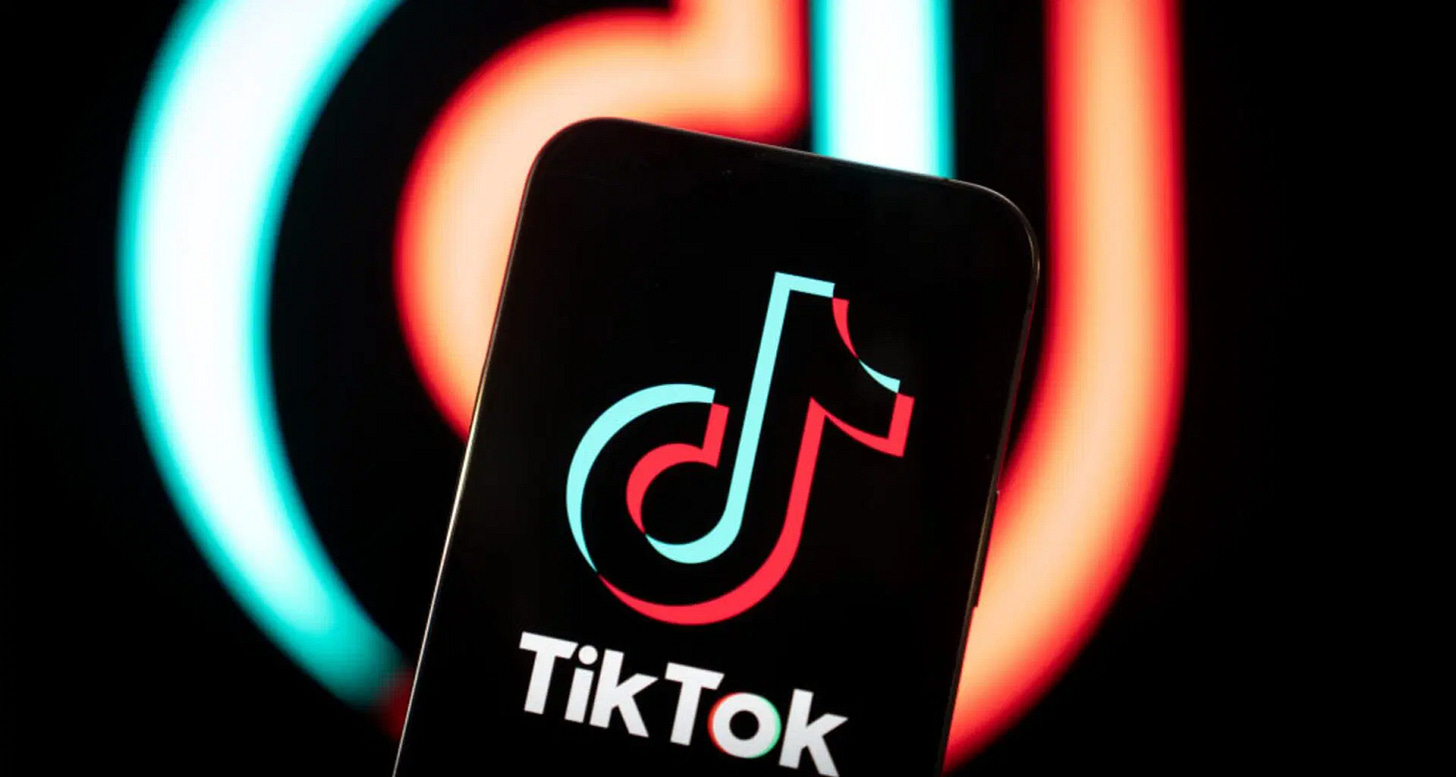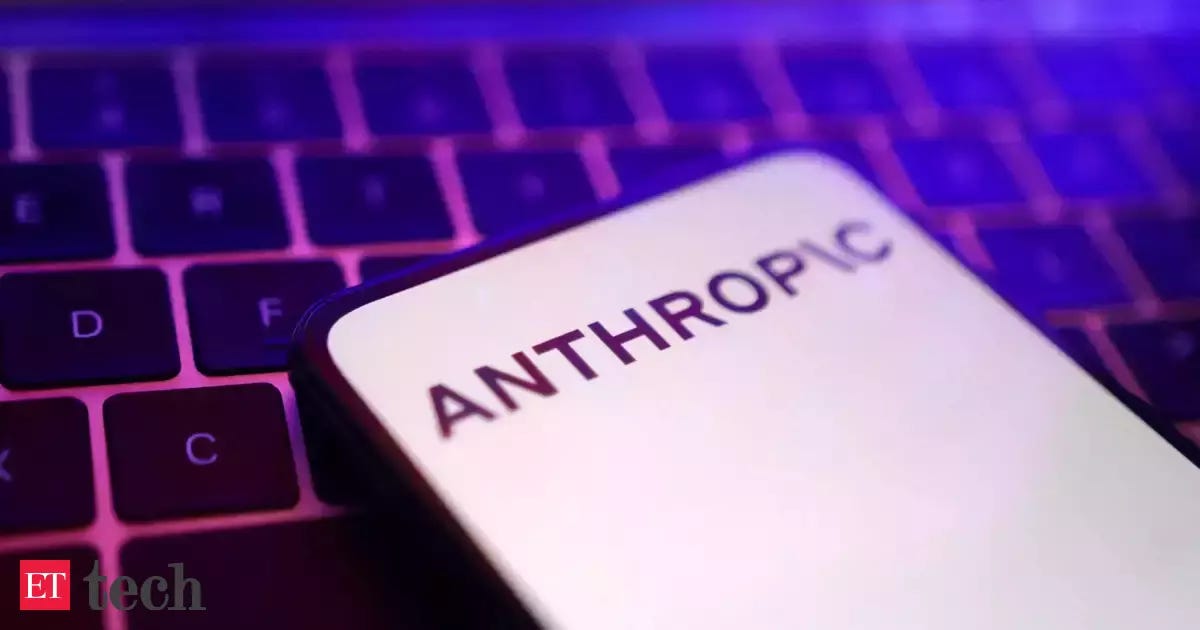Elon Musk’s Bold Forecasts for the Future of Technology and Humanity
Elon Musk predicts AI, space, and brain-computer tech will redefine humanity's future.
LUNARTECH | Linkedin Vahe | Linkedin Tatev | Youtube LunarTech | X Vahe | X Tatev
Elon Musk’s Bold Forecasts for the Future of Technology and Humanity
Elon Musk envisions a future where artificial intelligence, space exploration, and brain-computer interfaces redefine humanity’s trajectory. He predicts AI will surpass human intelligence within a decade, sparking both opportunities and existential risks. Musk emphasizes the importance of regulating AI to ensure it aligns with human values and safety. SpaceX’s Mars colonization plans remain central to his vision, aiming to establish a self-sustaining civilization on the Red Planet. Neuralink, Musk’s brain-interface company, seeks to merge human cognition with AI, potentially curing neurological disorders. Critics argue his forecasts are overly ambitious, while supporters see him as a visionary shaping the future. Musk also highlights renewable energy as critical for combating climate change and sustaining technological progress. His bold predictions continue to fuel debates on innovation, ethics, and humanity’s long-term survival.
Donald Trump Announces $20B Investment in U.S. Data Centers, Cementing His Vision for Technological Growth
Donald Trump unveiled a $20 billion investment in U.S. data centers, funded by Emirati billionaire Hussain Sajwani of DAMAC Properties. The initiative aims to bolster America’s AI infrastructure and cloud computing capabilities across key states like Texas and Ohio. Trump credits his election victory for inspiring this foreign investment, framing it as a win for economic growth and job creation. The data centers will support AI advancements, cryptocurrency operations, and digital economy demands. Critics question the ethics of Trump’s close ties with Sajwani, given their longstanding business relationship. DAMAC plans to break ground in early 2025, with operations expected within two years. This move aligns with Trump’s broader strategy to attract foreign capital while positioning the U.S. as a global leader in technology. The announcement underscores the growing importance of data infrastructure in driving innovation.
TikTok Is Pushing Users in the U.S. to Sister App Lemon8 as It Faces Potential Ban
Amid mounting pressure for a U.S. ban on TikTok, the platform is actively promoting its sister app Lemon8 as an alternative for creators. Lemon8 combines elements of Instagram and Pinterest, offering curated content focused on lifestyle, fashion, and wellness. ByteDance hopes Lemon8 can capture TikTok’s audience while avoiding regulatory scrutiny tied to national security concerns over Chinese ownership. The app has seen a surge in downloads as influencers migrate their content to safeguard their follower base. Critics view this pivot as a strategic move to maintain market dominance despite political challenges. Lawmakers remain divided on whether banning TikTok is justified or effective in addressing security risks. Lemon8’s rise highlights ByteDance’s adaptability in navigating geopolitical tensions and shifting user preferences. The situation underscores the broader debate over tech regulation and digital sovereignty.
NVIDIA Puts Grace Blackwell on Every Desk and at Every AI Developer’s Fingertips
NVIDIA introduces Project DIGITS, a personal AI supercomputer powered by the GB10 Grace Blackwell Superchip, delivering up to 1 petaflop of performance. Designed for researchers and developers, it supports models with up to 200 billion parameters locally or via cloud deployment. The system features 128GB of unified memory, 4TB of storage, and advanced CUDA cores for efficient AI processing. It enables seamless prototyping of large-scale models while reducing operating costs through energy-efficient architecture. NVIDIA positions Project DIGITS as an accessible tool for democratizing AI research across industries and academia. CEO Jensen Huang emphasizes its role in accelerating breakthroughs in generative AI and deep learning applications. Starting at $3,000, it targets students and professionals alike when it launches in May 2025. This innovation underscores NVIDIA's commitment to making high-performance computing widely available.
British AI Firm with Government Links Explores Tech for Military Drones
Faculty AI collaborates with the UK government to develop advanced AI technologies for military drones capable of autonomous operations. The company specializes in target identification, object tracking, and swarm coordination for unmanned aerial vehicles (UAVs). Ethical concerns arise over the potential use of these systems in lethal decision-making without human oversight. Faculty’s dual role in advising on AI safety while working on defense projects sparks scrutiny from policymakers and activists alike. Partnering with London-based Hadean, Faculty aims to integrate cutting-edge algorithms into drones used alongside fighter jets or in standalone missions. Supporters argue these innovations enhance national security by modernizing defense capabilities against emerging threats. Critics demand greater transparency regarding Faculty’s involvement in military applications and adherence to ethical guidelines. This development highlights the growing intersection of AI innovation with defense strategies worldwide.
Texas Fans Are Begging Ted Cruz to Call Off His Cotton Bowl Bet with Ohio’s J.D. Vance
Senators Ted Cruz of Texas and J.D. Vance of Ohio face off over a friendly wager on the Cotton Bowl game between their states’ football teams. Cruz bet Texas barbecue against Vance's Cincinnati chili as stakes for their respective teams’ victory or defeat. Texas fans express concern that Cruz’s bet may jinx their team ahead of the high-stakes match-up against Ohio State University. Social media erupts with memes urging Cruz to withdraw his bet or risk public ridicule if Texas loses the game. Some fans humorously suggest alternative bets involving less iconic regional cuisines to avoid potential embarrassment. Both senators use the wager as an opportunity to showcase state pride while engaging constituents during football season fervor. Political analysts note how such lighthearted bets can humanize politicians amidst partisan divides in Washington D.C.’s tense atmosphere. Regardless of the outcome, this playful rivalry captures public attention beyond sports enthusiasts.
Armenia Takes First Step to EU Accession as Government Approves Bill
Armenia moves closer to European Union accession after its government approves a landmark bill aligning national policies with EU standards. The legislation focuses on economic reforms, anti-corruption measures, and strengthening democratic institutions required for membership eligibility. Supporters view this step as pivotal for Armenia's integration into Europe amid geopolitical tensions with neighboring Azerbaijan and Russia's influence in the region. Critics argue that full EU membership remains distant due to unresolved territorial disputes and economic challenges facing Armenia's transition efforts. European leaders welcome Armenia's progress but emphasize sustained commitment to reforms before formal negotiations begin. The move reflects Armenia's strategic pivot toward Western alliances over traditional ties with Moscow-dominated blocs like CSTO or EEU frameworks . Citizens express mixed reactions—some hopeful about modernization prospects while others fear losing cultural autonomy under EU regulations . This development marks another chapter in Armenia's evolving foreign policy trajectory amidst complex regional dynamics.
Google Searches for Deleting Facebook & Instagram Explode After Meta Ends Fact-Checking
Meta’s decision to end its fact-checking program has sparked a surge in Google searches for deleting accounts on Facebook, Instagram, and Threads. Mark Zuckerberg announced the shift to a community-driven moderation system, similar to X's Community Notes, citing a commitment to free speech. Critics argue this move will enable misinformation, hateful content, and political extremism to proliferate on Meta’s platforms. Google Trends shows searches like “how to permanently delete Facebook” and “alternatives to Facebook” have skyrocketed by over 5,000%. Many users are exploring rival platforms like Bluesky, which has seen a significant uptick in interest. The backlash underscores growing concerns over Meta’s role in shaping online discourse and its impact on public trust.
Anthropic Seeks $2 Billion Funding at $60 Billion Valuation, Led by Lightspeed
Anthropic, a leading AI startup and OpenAI competitor, is reportedly raising $2 billion in funding at a valuation of $60 billion. Lightspeed Venture Partners is spearheading the investment round, marking a significant leap from Anthropic’s $18 billion valuation last year. This funding push follows Amazon’s $4 billion investment in November 2024, bringing its total commitment to $8 billion and cementing AWS as Anthropic’s primary AI partner. The company has also secured backing from Google and other major tech players, highlighting its strategic importance in the AI arms race. Anthropic’s Claude models directly compete with OpenAI’s ChatGPT, driving innovation in generative AI applications. The broader AI sector remains highly competitive, with startups like Elon Musk’s xAI and OpenAI raising billions in recent months. Investors are betting on Anthropic’s potential to lead advancements in foundation models and large-scale AI deployments. If successful, this funding round will solidify Anthropic as one of the most valuable AI companies globally.













